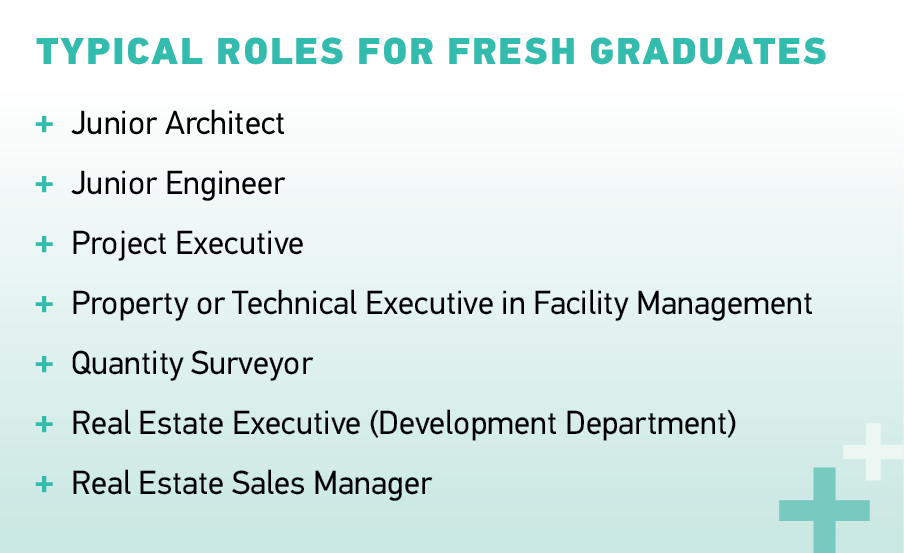In tandem with the strides Singapore is making towards realising its vision of becoming a smart and sustainable city, the building and construction sector in the country is undergoing rapid transformation. The ongoing revolution has created significant demand for talent to make the industry more competitive, progressive and resilient.

How will human-centred design change our city? How can we harness technology to enable buildings to be more sustainable? How will smart technologies change the way we live and play? If these questions interest you, then a career in Singapore’s building and construction industry might be a perfect fit.
Singapore has set ambitious goals for the physical transformation of the city, with a target of making 80% of its buildings green by 2030. This has led to a national initiative to push the local construction industry to go high-tech and acquire cutting-edge capabilities.
There are several other factors driving changes in Singapore’s building and construction sector. Being a data centre hub in Southeast Asia, Singapore is a highly desirable global destination for data centre operators. The city-state must make up for its scarcity of land by developing sustainable infrastructure. The local land transport system is another impetus. It is growing and innovating to better connect people and places with increased reliability and connectivity so as to support Singapore’s vision of becoming a car-lite nation.
This transformation of the building and construction industry has been ongoing for several years and it has propelled companies in the industry to adopt advanced technologies such as Integrated Digital Delivery (IDD) and Design for Manufacturing and Assembly (DfMA) as well as a shift towards green buildings. In the process, companies have become more competitive, progressive and resilient.


Careers in building and construction are diverse. They include jobs in architecture, engineering, quantity surveying, construction, project management and digital delivery and facilities.
The emergence of cutting-edge construction techniques means that graduates can expect to grow their careers in a high-tech and cutting-edge industry. With the right qualifications and exposure, building and construction professionals can look forward to exciting career pathways. They will be rewarded with practical project experiences and accumulated technical and collaborative skill sets.
Ahead, proficiency in IT skills such as building information modelling will become increasingly essential for architects, engineers and builders to communicate their design ideas and construction approach.
As the industry undergoes digital transformation and adapts to sustainability trends, more companies will adopt the IDD approach to leverage data and digital technologies to enhance collaboration among different project stakeholders.
Graduates should be prepared to address the challenges involved in adopting new technologies and strategise how to manage change effectively. Sustainable engineering that integrates social, environmental and economic considerations is another area to explore, where environmental impact analysis is involved in design decisions.
RELEVANT QUALIFICATIONS/SKILLS
- Degree in civil, electrical or mechanical engineering, architecture, building construction, facilities management, or related disciplines
- Genuine interest to build a career in the industry, with awareness of industry trends
- Sound technical skills, with an eye for detail and safety
- Professional ethics and good conduct
WHAT RECRUITERS LOOK FOR
- Interpersonal and communication skills
- A thirst for learning





